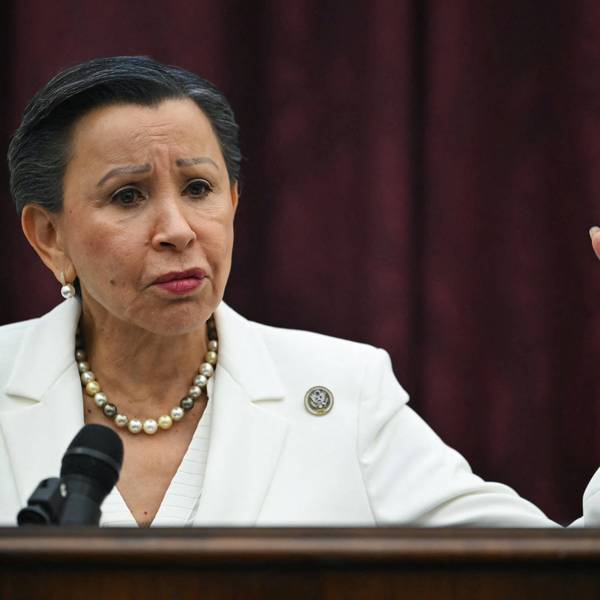In Buenos Aires on Thursday, U.S. Secretary of State John Kerry said he would hand over declassified documents relating to America's role in the 1976-83 military coup and dictatorship in Argentina--often referred to as the "Dirty War"--during which tens of thousands of leftist activists and dissidents were murdered and imprisoned.
"I want to note that the relationship between the United States and Argentina is an exciting, forward-looking one. But we're also conscious of the lessons from the past," Kerry said during a press conference.
The move comes amid warming relations between the U.S. and Argentina, which elected neoliberal businessman Mauricio Macri as president in November, signaling a rightward shift for the country. President Barack Obama announced in March that the U.S. would release the files.
As Human Rights Watch explained at the time:
Argentine authorities believe the new batch of documents might reveal details on the training of Argentine soldiers at what was then called the School of the Americas (now the Western Hemisphere Institute for Security Cooperation), at Fort Benning, Georgia, as well as on Plan Condor, a coordinated effort among the governments of Argentina, Bolivia, Brazil, Paraguay, and Uruguay to repress dissent through torture and assassinations. Argentinian authorities also hope the U.S. documents will help in the search for the children of those who were disappeared during the dictatorship and in the continuing prosecution of human rights cases.
Obama also traveled to Argentina on the anniversary of the U.S.-backed coup that ousted President Isabel Peron and ushered in an era of "persecution, death, torture, and disappearances." The timing of the trip garnered widespread outcry, with Argentine Nobel Prize-winning peace activist Adolfo Perez Esquivel writing an open letter to Obama urging him to acknowledge America's role in the war and submit the nation to the International Criminal Court.
"I am writing as a survivor of this horror who, like many others, was a victim of prosecution, imprisonment and torture in the defense of human rights against the Latin American military dictatorships imposed by the Doctrine of National Security and by the 'Operation Condor,' with financing, training, and coordination by the United States," Perez Esquivel wrote.



